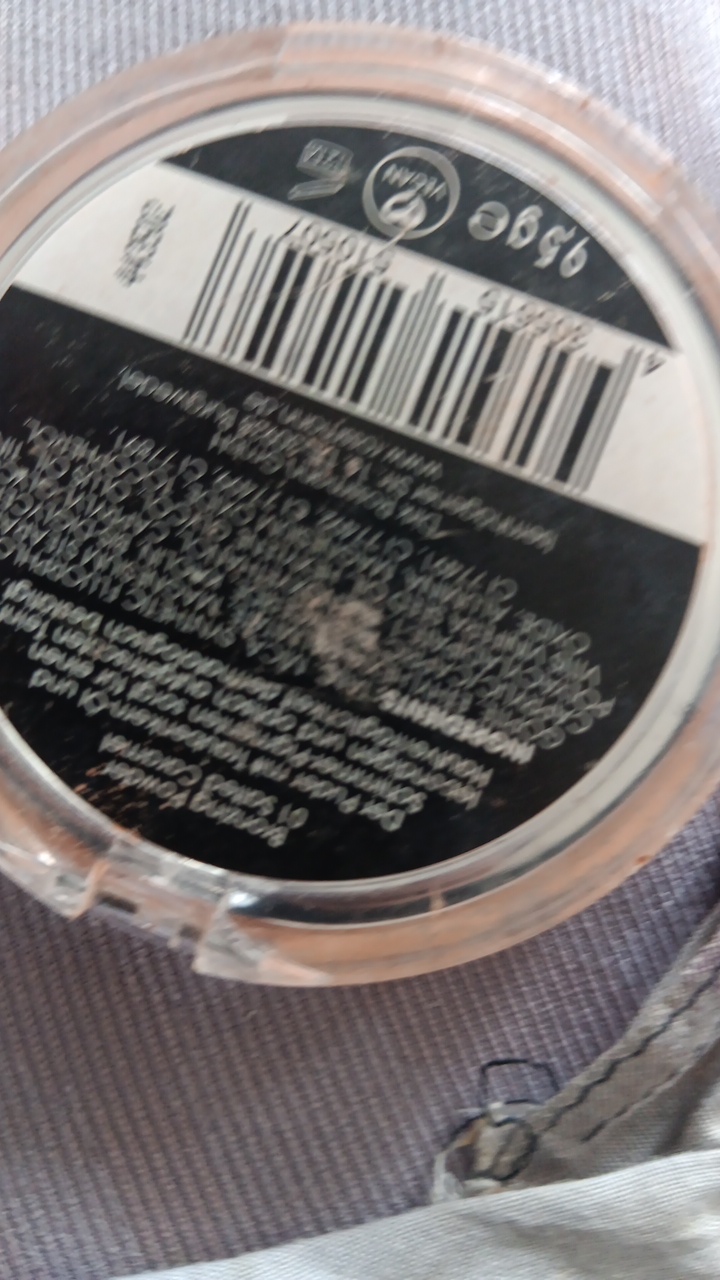
Barcode: 9008189305405
Bronzing Powder
DOUBTFUL
📝 Reason: Certain ingredients have disputed status among Islamic scholars. Their acceptability may vary by school of thought and regional certification standards.
🏷️ Category: Cosmetics
📄 Certificates: Vegan
Ingredients:
Details
Understanding the Halal Status of Bronzing Powder
When it comes to personal care products such as cosmetics, understanding their Halal status is vital for many consumers. The Bronzing Powder in question carries a Halal status that is marked as DOUBTFUL, primarily due to the presence of certain ingredients with disputed acceptability among Islamic scholars. In this article, we’ll dive deep into the specific ingredients and their E-numbers to clarify their status.
Ingredients Analysis
The formulation of Bronzing Powder includes several ingredients, some of which are considered permissible in Islam while others are subject to interpretation. Here’s a breakdown of the main components:
Mica
Mica is often used to add shimmer and sheen to cosmetic products. Its Halal status is marked as disputed, thus one should check for credible certification before usage.
Synthetic Fluorphlogopite
This synthetic material is used as a replacement for mica to provide similar effects. Its Halal status is also uncertain, primarily because it is a synthetic product whose derivation is not always disclosed.
Talc
Talc is generally permissible in Islam. It’s crucial as a filler and texture enhancer in cosmetic formulations, and its acceptance is well-established.
Magnesium Stearate (E572)
This is a salt complex and falls into the permissible category; however, it should be sourced carefully to ensure it doesn’t come from non-Halal origins.
Caprylic/Capric Triglyceride
This ingredient is permissible as it is derived from coconut or palm oil, making it generally acceptable in Halal considerations.
Dimethicone
Dimethicone, a silicon-based polymer used for its smoothing properties, is also Halal compliant.
Ethylhexyl Palmitate
This ingredient is derived from palm oil and is thus permissible in Islam for cosmetic use.
Bis-Diglyceryl Polyacyladipate-1
The Halal status of this synthetic emulsifier is unclear and may vary based on regional interpretations.
Triethoxycaprylylsilane
Similar to other synthetic ingredients, its Halal status is uncertain and should be confirmed with manufacturers.
Tocopheryl Acetate
This form of vitamin E is seen as permissible and is often used for its antioxidant properties.
Phenoxyethanol
This preservative has a generally acceptable Halal status but like others, scrutiny is necessary to ascertain its sourcing.
Fragrance
Fragrance components often cause doubt. They may contain alcohol or animal-derived ingredients; thus, sourcing and manufacturer transparency are key.
Tin Oxide
Tin oxide is purely inorganic and considered safe and Halal compliant.
Colorants (CI 77491, CI 77492, CI 77499, CI 77891)
These colorants are synthetic and their individual Halal status can vary, often requiring additional confirmation.
The Certificate Context
The Bronzing Powder is labeled as Vegan, which indicates that it does not contain animal-derived ingredients. However, being vegan does not automatically equate to being Halal, as the nature of the ingredients still needs to be assessed. For consumers conscious of their faith, looking for credible Halal certification is critical.
Conclusion
In conclusion, while the Bronzing Powder offers attractive qualities for cosmetic use, its Halal status remains *DOUBTFUL*. Due diligence when sourcing products is advisable, relying on trusted manufacturers that provide transparency regarding ingredient origins. Make sure to always check for Halal certifications if this is a priority for your purchasing decisions.
